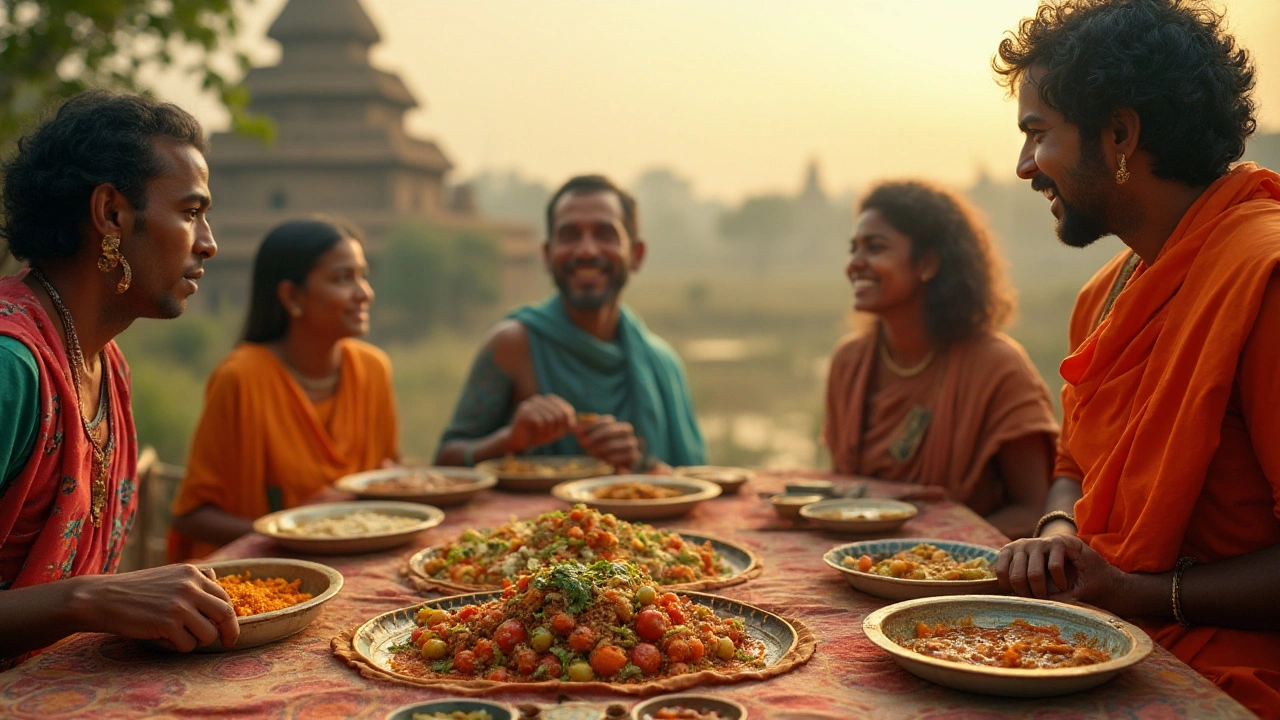Food Beliefs: Myths, Facts and Everyday Tips
When talking about Food Beliefs, the ideas people hold about what’s safe, healthy or tasty in the kitchen. Also known as culinary myths, food beliefs shape how we cook, what we avoid, and why we trust certain shortcuts.
One of the biggest food safety, concerns about bacteria, temperature and cross‑contamination myths is the belief that raw chicken can be tossed straight into a hot curry without any prep. In reality, safe cooking requires reaching internal temperatures of at least 165°F (74°C) and avoiding sudden temperature shocks that can lock in harmful microbes. Another common marination myth, the idea that any acidic ingredient will instantly tenderize meat often leads to mushy chicken when the acid sits too long. Understanding the chemistry—how acids break down proteins over time—helps you time marinades for maximum flavor without texture loss.
Why Understanding Food Beliefs Matters
Beyond safety, nutrition myths, the belief that certain foods are universally "good" or "bad" can limit your diet. For example, the idea that all fats are unhealthy ignores the fact that medium‑chain oils, like those used for crisp dosas, provide quick energy and aid in vitamin absorption. By questioning these beliefs, you can build a balanced plate that respects both tradition and modern health insights.
Culture also feeds into food beliefs. In many Indian households, the timing of a meal—whether lunch or dinner is the main course—carries regional significance. South Indians often treat lunch as the heaviest meal, while North Indian families might prioritize dinner. These customs influence portion sizes, spice levels, and even the choice of accompaniments like chutney or raita. Recognizing these traditions lets you adapt recipes without losing their authentic spirit.
Every belief connects to a practical tip. If you wonder whether you can eat dosa every day, a quick look at its nutrition shows it’s low in fat when cooked with the right oil, but you’ll need to balance it with protein‑rich sides to avoid blood‑sugar spikes. Want to know if rice water helps weight loss? Science shows it’s mostly water with a few starches—useful for hydration but not a magic fat‑burner. Each myth you test becomes a small experiment that improves your cooking confidence.Below you’ll find a curated set of articles that unpack these ideas one by one. From substituting baking soda in dosa batter to mastering the perfect marination acid balance, the collection gives you clear steps, real‑world ratios and the “why” behind every recommendation. Dive in and turn those food beliefs from guesswork into reliable tools for tasty, safe, and healthy meals.
Is Consuming Eggs Considered a Sin in Hinduism?
This article explores the perception of eating eggs within Hinduism. It delves into the cultural, religious, and dietary beliefs associated with vegetarianism in India. By examining various interpretations across regions and communities, readers will gain insight into whether consuming eggs aligns with or deviates from traditional Hindu practices. The discussion includes historical context as well as modern perspectives on the consumption of eggs.
Read more